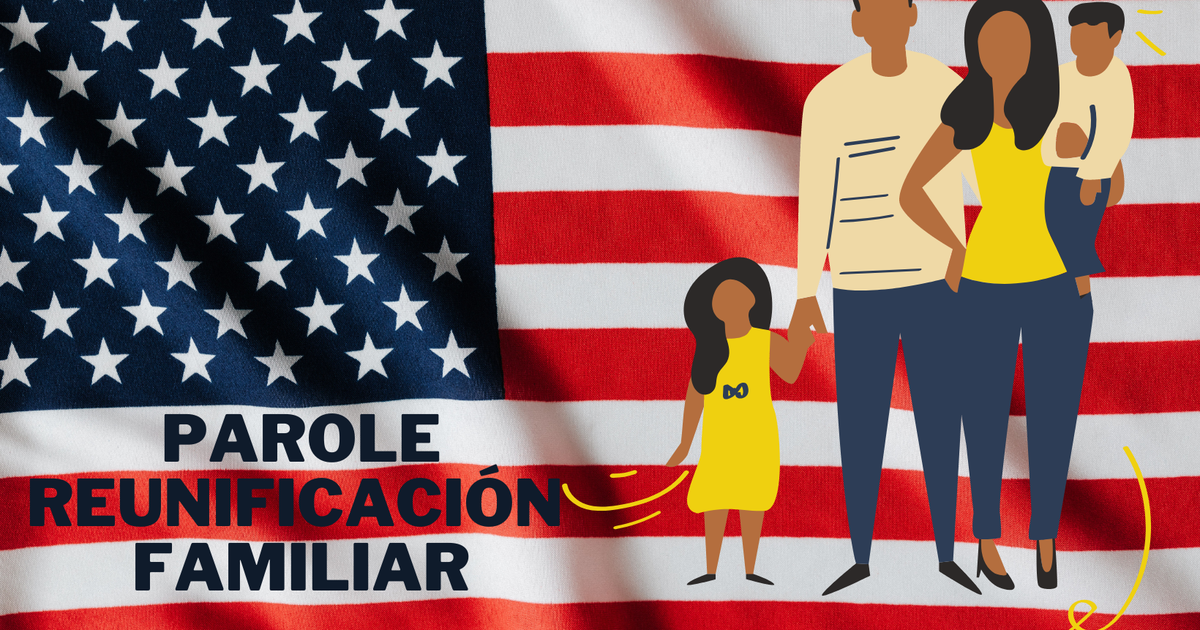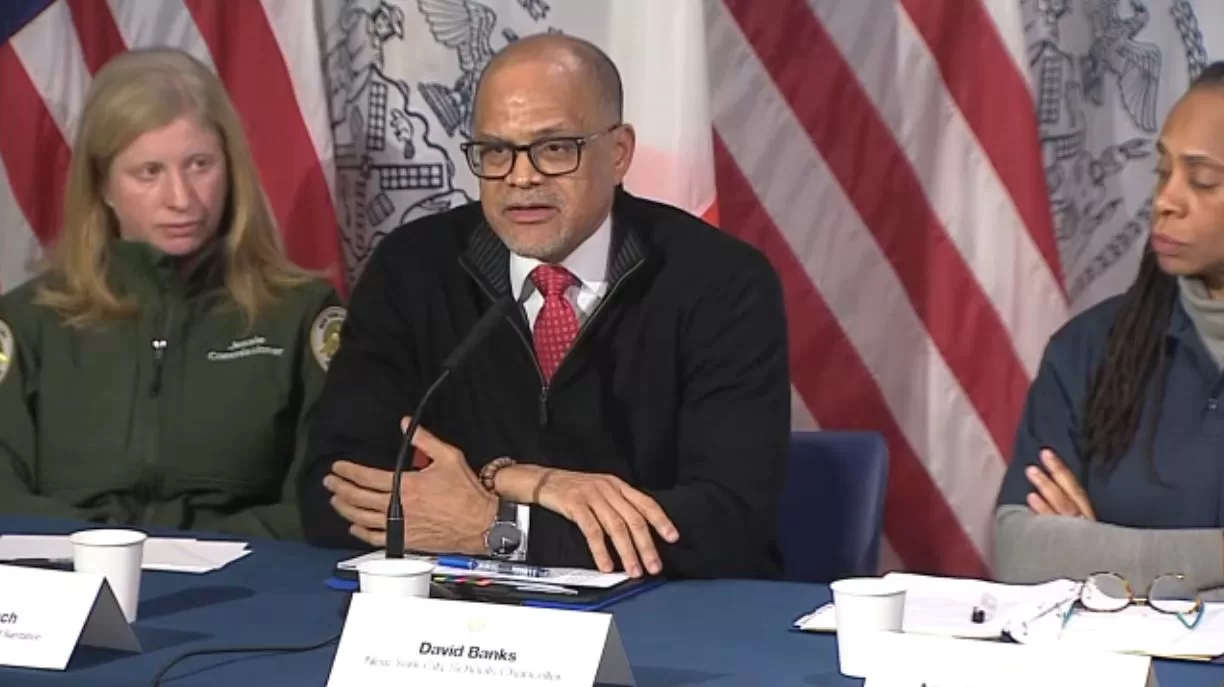The United States has been implementing new processes of family reunification known as “parole”, in order to reduce illegal migration, and promote family unity through a legal path that provides opportunities for migrants who wish to arrive in this country in a safe and orderly manner.
The US government formally announced last month the start of new family reunification processes with temporary stay permit (FRP) for El Salvador, Guatemala, Honduras and Colombia, which will allow the entry of people who meet the necessary requirements to enter United States under family reunification, “and have been examined under a temporary residence permit regime with already approved family applications,” the Department of Homeland Security (DHS) explained in a statement.
Promotion of family unity
The department responsible for public security indicated that these new processes seek to promote family unity and expand the ease of legal entry into the United States for Honduran, Salvadoran, Guatemalan and Colombian citizens who have family members with US citizenship or legal permanent residents, and are beneficiaries of an approved family application.
DHS informed, in turn, that they are updating the processes for family reunification with temporary residence permits for Cuba and Haiti, to complement the existing processes for nationals of these countries.
Who can apply?
This process begins with the submission of a visa application by a US citizen or permanent resident on behalf of their family member in Colombia, El Salvador, Honduras, or Guatemala.
A fundamental requirement to be eligible for the program is to have direct family ties in the United States such as: children or adult siblings of US citizens or children and spouses of permanent residents.
In this sense, the DHS stated that the beneficiaries must be outside the United States and meet all the requirements, including examination, background investigation, medical, and not have previously received an immigrant visa.
They will last for 3 years.
On the other hand, the letter clarifies that foreign citizens who meet these requirements can be considered for parole for a period of up to three years, “while they apply to become legal permanent residents in accordance with their approved application.”
The wait for an available immigrant visa can take several years, so the government will authorize the temporary stay permit on a case-by-case basis, “to quickly reunite families with approved applications and put an end to irregular migration,” the text specifies. .
work authorization
People who enter the United States under a temporary permit regime through these processes will be able to apply for work authorization while they wait for their immigrant visa to become available, according to DHS.
The department also assured that citizens who attempt to enter the country without using this process or other legal avenues will face consequences such as removal, a minimum five-year admission ban, and possible criminal prosecution for illegal re-entry.
These measures are part of a set of new processes announced in April by the Biden administration, which will benefit nationals of some Latin American countries, to try to reduce the migration crisis.
The immigration authorities announced on July 10 that they would expand these family reunification programs, due to the success of the humanitarian parole applied to Venezuela, Cuba, Nicaragua and Haiti. Also stressing that the plan was going to be applied in close coordination with the Governments of Mexico, Canada, Spain, Colombia and Guatemala.
FOUNTAIN: Department of Homeland Security (DHS)





